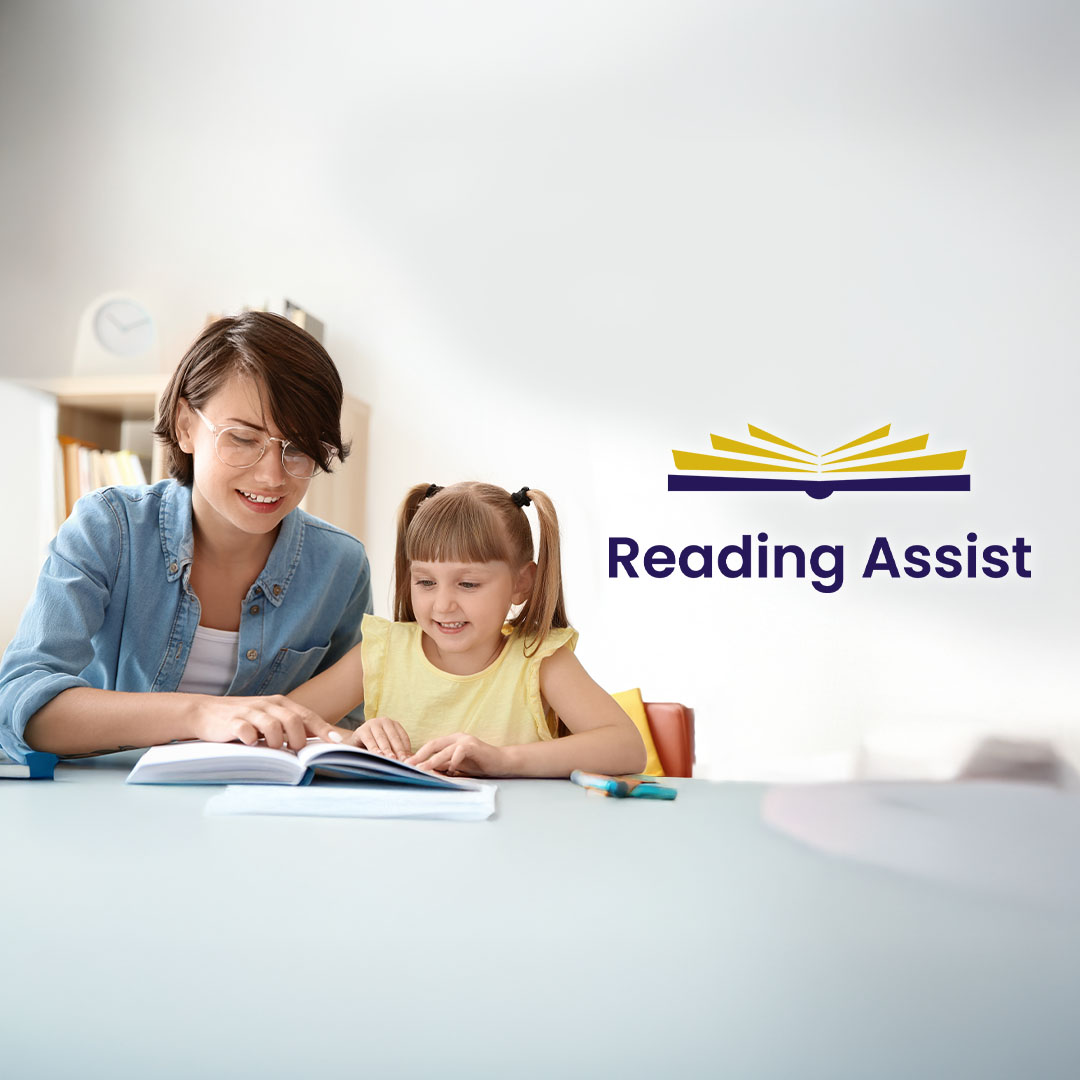Tutors to Teachers: WilmU and Reading Assist Turn Classroom Dreams Into Reality

Dorian Taylor makes reading fun. As a painter and musician who “did a stint with a puppet circus,” he uses his artistic background to get at-risk elementary schoolers excited about books.
“Reading impacts your whole brain for your whole life,” says Taylor, a Wilmington University graduate student and Reading Assist Fellow. “It’s so, so vital for us to put in the time and resources that we can to help these kids who are struggling.”
When he’s not actively tutoring, he’s working toward his M.Ed. in Special Education. Thanks to the Tutors to Teachers Delaware program, a unique partnership between WilmU and Reading Assist, he gains classroom experience while earning academic credit.
“It allows people who have the skill and drive to teach to be able to get that piece of paper that says, yes, you can teach,” says Taylor, who has a bachelor’s degree in creative writing. “On my own, there’s no way I could afford grad school.”
An Accessible Path to a Teaching Career
Reading Assist Fellows receive an AmeriCorps award for tuition expenses, matching funding from WilmU, and other benefits like a living allowance and application fee waiver.
“I think the highlight of it all is the accessibility,” says Megan Schnetzer, WilmU’s chair of special education programs. Between awards and stipends, “it’s going to be free, or they’re going to come out net positive.”
Students in the program save money and time. They graduate in two years — instead of the traditional three and a half — with a master’s degree, elementary and special education certifications, and a reading intervention certificate. During the second year, they complete a paid teaching residency, adding to their qualifications.
“They’re highly marketable,” Schnetzer says. “They’re not only coming with a degree that’s going to look good on paper — they’re coming with experience.”
The process starts with Reading Assist, which requires fellows to have a bachelor’s degree in any field. Full-timers commit to 1,200 service hours each year, working in person with small groups of learners. Once accepted by Reading Assist, prospective students can apply to WilmU for the M.Ed. in Special Education program.
“It really is such a good deal,” says Dr. Stacie Zdrojewski, WilmU’s chair of clinical studies in the College of Education and Liberal Arts. “This gets their foot in the door and gets them licensed, and then the possibilities are endless.”
As Taylor coaches young readers at Eisenberg Elementary School in New Castle, Delaware, he looks forward to those possibilities.
“Having this program with Wilmington University and Reading Assist allows us to go further and make more change within our community,” Taylor says. “Literacy builds connections in your brain, but it also builds empathy for other people,” as well as problem-solving and analytical skills.
For many children, though, the best part of the tutoring sessions is spending time together. “My kids just enjoy having someone who is genuinely interested in them,” he says.
Follow your classroom calling and earn your M.Ed. in Special Education with the Tutors to Teachers Delaware program, a partnership between Wilmington University and Reading Assist.



